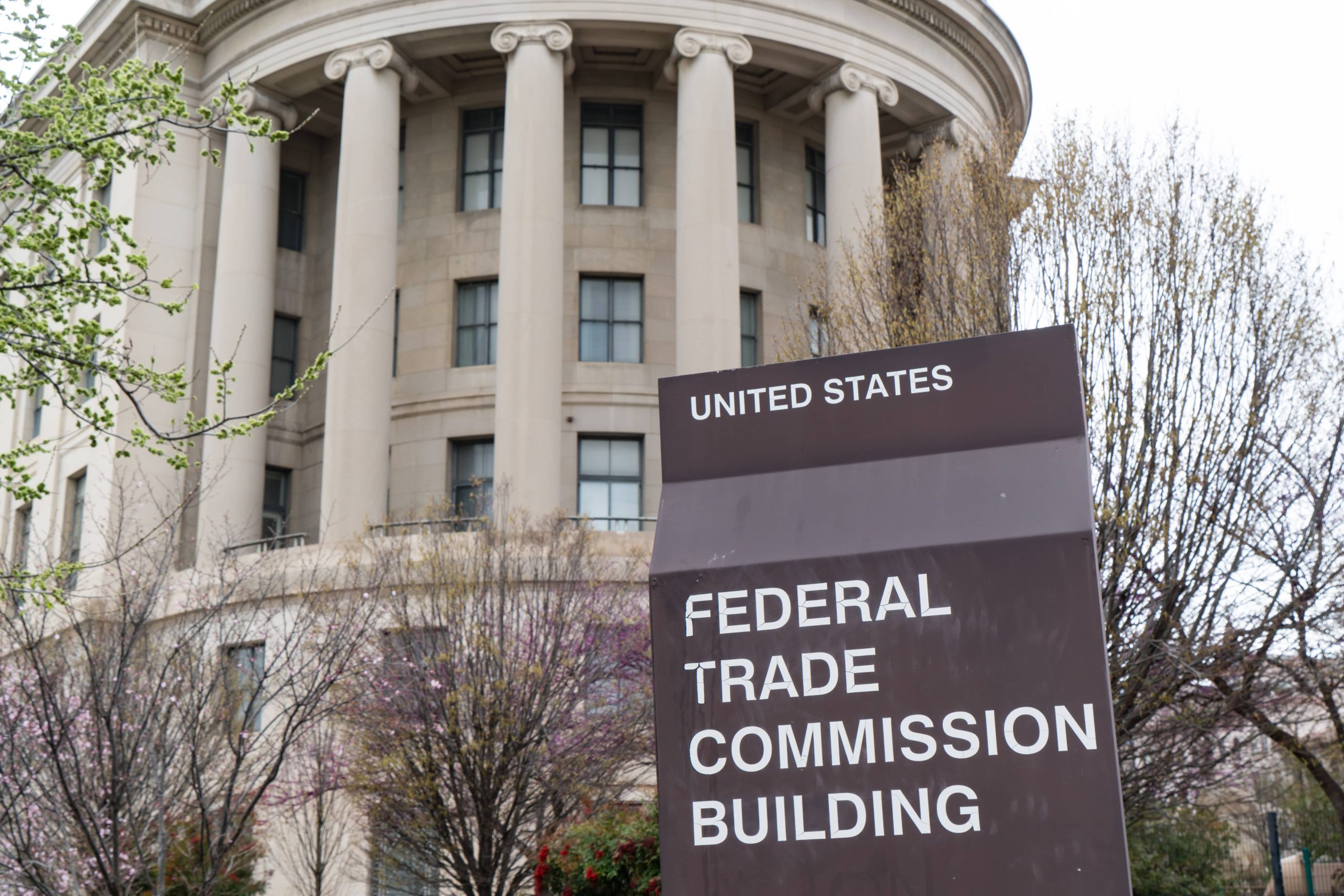
April 05, 2022
New Research Debunks Myth That “Big Tech” M&A Crushes Competition
Findings Show GAFAM Acquisitions are Not Unique and Do Not Create “Kill Zones”
Washington, DC (April 5, 2022): New research authored by a former Federal Trade Commission (FTC) economist shows that corporate acquisitions by large digital platforms are not the competition killers that some federal lawmakers and regulators allege. The two reports, authored by Dr. Liad Wagman and made available by the Data Catalyst Institute (DCI), cast powerful doubt on the substantive foundation of anti-Big Tech legislation that Congress is considering.
For three years, so-called populist economists and an FTC study have pushed the narrative that “Big Tech” companies have been gobbling up startups at record levels in order to kill potential competition and consolidate market power. In response, Congress is rushing to legislate wholesale changes to merger-review laws, and thereby inhibit Google/Alphabet, Amazon, Facebook/Meta, Apple, and Microsoft, among other firms, from acquiring smaller companies.
But these analyses show that from 2010-2020, Google/Alphabet, Amazon, Facebook/Meta, Apple, and Microsoft (GAFAM) accounted for less than 1.5 percent of nearly 42,000 tech-sector acquisitions. Moreover, the research demonstrates evidence counter to the FTC’s suggestion that Big Tech firms engage in “killer acquisitions” or create “kill zones” for the purposes of stifling innovation, cornering markets and/or scaring away meaningful competitors. The data actually demonstrates that (i) firms are driven to acquire tech companies because they face increased competition, and (ii) Big Tech acquisitions can serve as validating signals to other firms, which then enter similar business areas, themselves purchasing innovative (and often young) startups. This can have the added benefit of bringing those innovations from smaller tech companies and entrepreneurs into the bigger market by commercializing them and making them more widely available.
“It’s important that antitrust legislation is based on rigorous market analysis instead of unfounded assertions, and this analysis demonstrates that some of the common assumptions are wrong,” said Dr. Liad Wagman. “Kill zones would deter competitors from making acquisitions in similar business areas, but this research shows increasing competition between GAFAM and other top acquirers, as well as within GAFAM, and that GAFAM competitors in fact follow GAFAM M&A by entering the same business areas with their own acquisitions,” he added.
“This research debunks the notion that a tiny group of large companies dominates tech industry mergers and acquisitions and the only way to stop them is through heavy-handed legislation,” said Dr. Mark Drapeau, Editor In Chief of Data Catalyst Institute. “On the contrary, the data proves that GAFAM acquisitions are typically driven by intense competition, and not by the goal of eliminating competition,” he added.
Dr. Wagman’s summary and the reports are available on the Data Catalyst Institute website:
About DCI:
The Data Catalyst Institute (DCI) is a research organization focused on informing and improving global public policy and thoughtful discourse within our data-driven economy. DCI provides governments, academics, and industry partners with the latest market intelligence, expert working groups, regulatory analyses, and original research.
Contact: Lou Wasson lwasson@alarisstrategies.com

